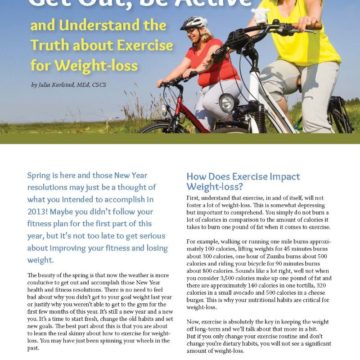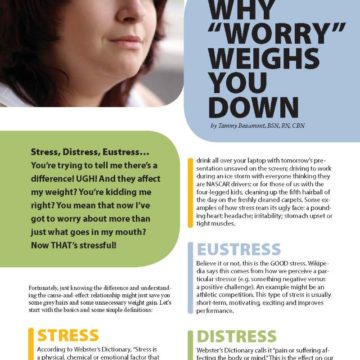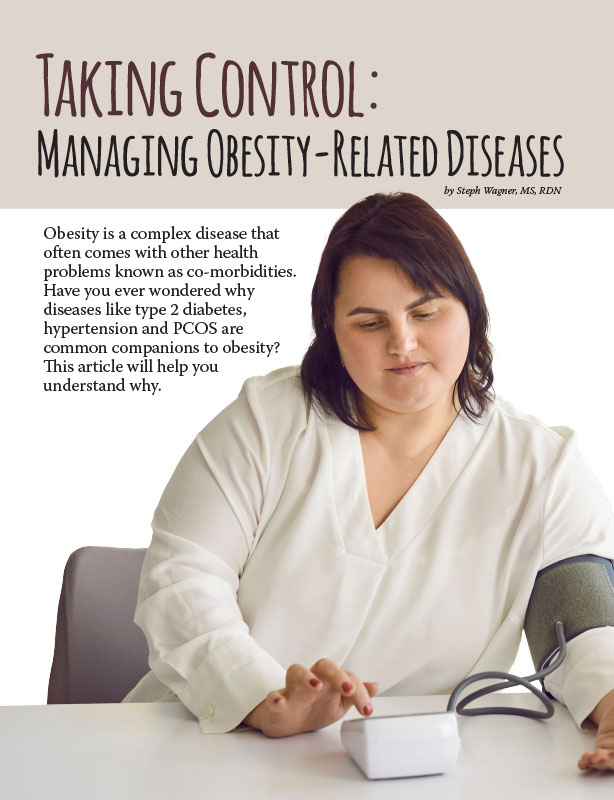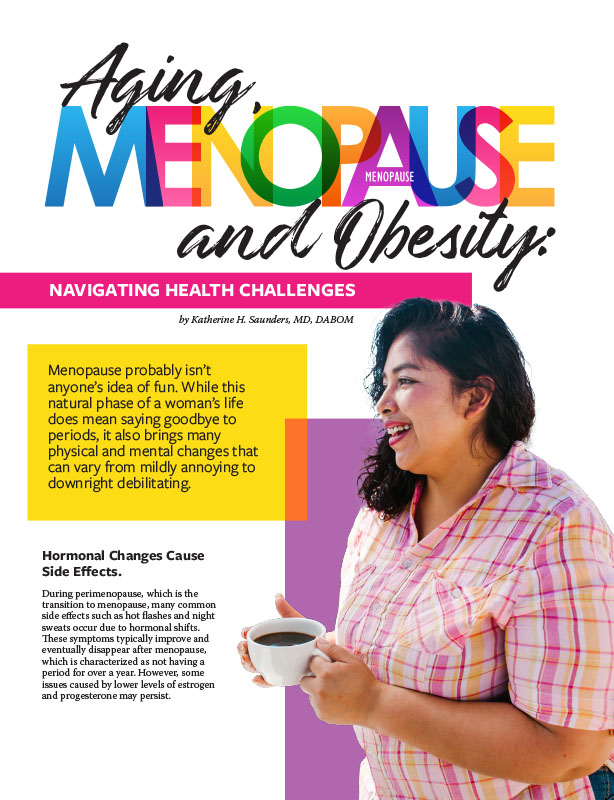Children & Obesity: What can caregivers say to help?

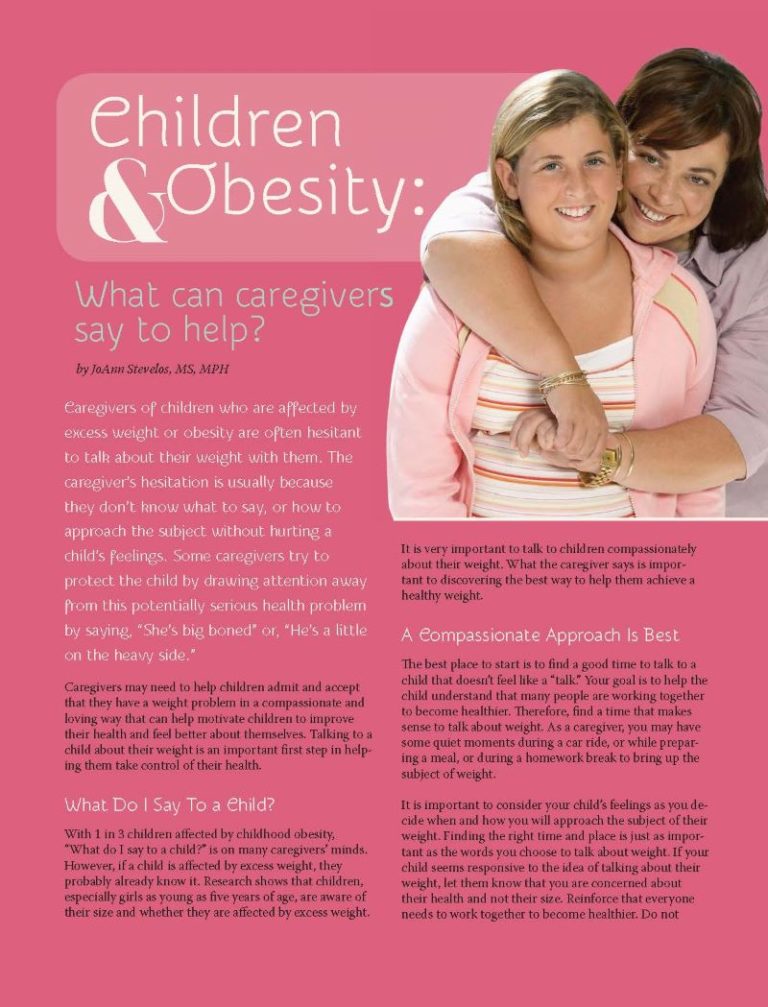
by JoAnn Stevelos, MS, MPH
Winter 2013
Caregivers of children who are affected by excess weight or obesity are often hesitant to talk about their weight with them. The caregiver’s hesitation is usually because they don’t know what to say, or how to approach the subject without hurting a child’s feelings. Some caregivers try to protect the child by drawing attention away from this potentially serious health problem by saying, “She’s big boned” or, “He’s a little on the heavy side.”
Caregivers may need to help children admit and accept that they have a weight problem in a compassionate and loving way that can help motivate children to improve their health and feel better about themselves. Talking to a child about their weight is an important first step in helping them take control of their health.
What Do I Say To a Child?
With 1 in 3 children affected by childhood obesity, “What do I say to a child?” is on many caregivers’ minds. However, if a child is affected by excess weight, they probably already know it. Research shows that children, especially girls as young as five years of age, are aware of their size and whether they are affected by excess weight. It is very important to talk to children compassionately about their weight. What the caregiver says is important to discovering the best way to help them achieve a healthy weight.
A Compassionate Approach Is Best
The best place to start is to find a good time to talk to a child that doesn’t feel like a “talk.” Your goal is to help the child understand that many people are working together to become healthier. Therefore, find a time that makes sense to talk about weight. As a caregiver, you may have some quiet moments during a car ride, or while preparing a meal, or during a homework break to bring up the subject of weight.
It is important to consider your child’s feelings as you decide when and how you will approach the subject of their weight. Finding the right time and place is just as important as the words you choose to talk about weight. If your child seems responsive to the idea of talking about their weight, let them know that you are concerned about their health and not their size. Reinforce that everyone needs to work together to become healthier. Do not single out the child, or discuss specific behaviors. As a caregiver, you need to help them understand losing weight is a long process. Weight-loss is a factor of time, and to lose weight in a healthy way takes a long time. However, by making short term goals, it will be easier. Be sure to celebrate small successes.
Dr. Sylvia Rimm’s book, Rescuing the Emotional Lives of Overweight Children, stresses the importance of letting a child know you are there to support them and not judge them. Dr. Rimm found in her research that children who were affected by excess weight were “more likely to describe themselves as lonely, sad, fearful, and different.” She suggests that you approach your child by saying something like, “I know you realize that you are seriously overweight, and you may feel bad about that and I want to help you become healthy and feel good about yourself.” By approaching the subject in this manner you will be accomplishing two important things:
1) Helping your child acknowledge that they have a serious health problem.
2) Initiating a team approach or an alliance to make a plan to become healthy together.
Dr. Rimm also warns that sometimes families have to resolve love-hate relationships that may exist when a child is affected by excess weight.
She notes that, “Sometimes their kids remind them of weight problems they too struggled with, or sometimes they’re angry at their partner for being overweight and take their anger out on their children. Overweight children often strain family relationships.” As the caregiver, being aware of this potential family dynamic can only help you.
Act As If
If you want a child to be healthy, you need to act as if they are healthy. Do what healthy people do. Find an outside activity you can do together like bike riding, walking after dinner or walking to school. If you are physically active and eating healthy meals, it improves the odds that a child will be too. But the key is to get them involved in choosing the healthy foods and activities you can do together. Show children that you respect them and yourself. Do not call attention to your own body issues and expect that children will not be affected.
Focus on the Child’s Strengths
It is important to keep children’s weight in perspective. Refrain from discussing it every day. Because children who are affected by excess weight tend to be teased or bullied at school or on the playground, it is important to remind them of the things they are good at or the positive attributes they possess. Are they kindhearted? Good at math? Funny? Good writers?
Keep Your Child Safe
It is important to know too that children may not tell you they are being teased about their weight. Therefore, it is very important that you let them know you are there for them if they are being bullied or teased. Never lie to your child about their weight, but keep your comments short when they have a setback. Be honest, “Yes you may have gained a little weight, but that will happen. Let’s focus on today. What healthy choices can we make today?”
Helpful Tips
Here are some words that may be helpful to use when you talk to your child about their weight:
- Healthy weight
- Family working together to become healthy
- Healthier
- Move more
- Eat healthy foods
- Less time inside
Here are words NOT to use when you talk to your child about their weight:
- Fat
- Obese
- Diet
- Junk Food
- No TV
- No computer
About the Author:
JoAnn Stevelos, MS, MPH, is a public health professional and freelance health writer. She is the Director of Evaluation and Reporting for the Alliance for a Healthier Generation Healthy Schools Program. She has managed all aspects of large programs in the fields of public health, health science research, community development, and youth initiatives. She has a BA from Columbia University in Liberal Arts, an MS in Bioethics from Albany Medical College, and an MPH from the State University of New York School of Public Health. Ms. Stevelos’s research is primarily focused on childhood obesity, pediatric ethics and health disparities. This article is her own and does not necessarily reflect the views of the Alliance.
by Steph Wagner, MS, RDN Spring 2024 Obesity is a complex disease that often comes with other…
Read Articleby Katherine H. Saunders, MD, DABOM Spring 2024 Menopause probably isn’t anyone’s idea of fun. While this…
Read Articleby Robyn Pashby, PhD Winter 2024 “No one is ever going to date you if you don’t…
Read Article




